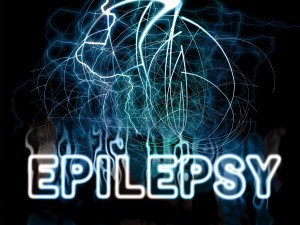Research reveals anti- mechanism of ketogenic diet therapy
mechanism of ketogenic diet therapy
Exciting new research has revealed for the first time a mechanism behind one of the ketogenic dietary therapies often used in treating people with poorly controlled epilepsy. And scientists are hopeful the groundbreaking discovery could lead to potential new dietary therapies.
Ketogenic dietary therapies have been used since the 1920s as an alternative treatment for epilepsy, particularly in children who seizures do not respond to medication.
The dietary therapies are high in fat and low in carbohydrate with a moderate use of protein. This alters the way that energy is burned in the body, using fat rather than carbohydrates as the main fuel.
Changes in the body’s fuel source means the body produces ketones – water-soluble molecules generated by the liver – and until now it was thought that the anti-seizure mechanism of the diet was the generation of these ketones.
However the new research by scientists at Royal Holloway University of London and University College London, has identified a specific fatty acid – decanoic acid – that shows potent anti-seizure mechanisms. The research is published in the scientific journal Brain.
At Epilepsy Society a key area of research is trying to understand why some people respond to the ketogenic diet while others don’t. Director of clinical genetics Professor Sanjay Sisodiya said the latest research was an important and interesting study which leads to new understanding of the way the ketogenic diet might work to help control seizure.
‘Alongside this important study we hope that our genetic research will lead to a better understanding of why ketogenic diets work for some people but not for others,’ he said. ‘This will hopefully take the trial and error element out of prescribing the diet, which has to be carefully monitored. In time, we hope that we will know which treatment will work best for each individual from the point of diagnosis.’

